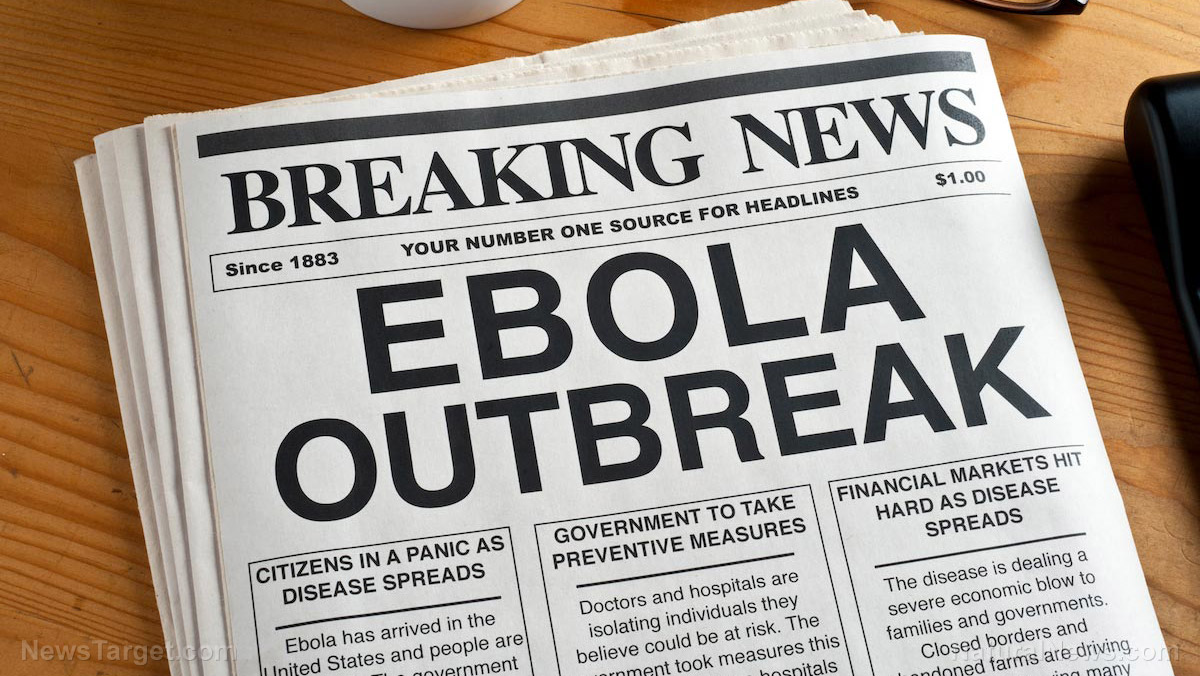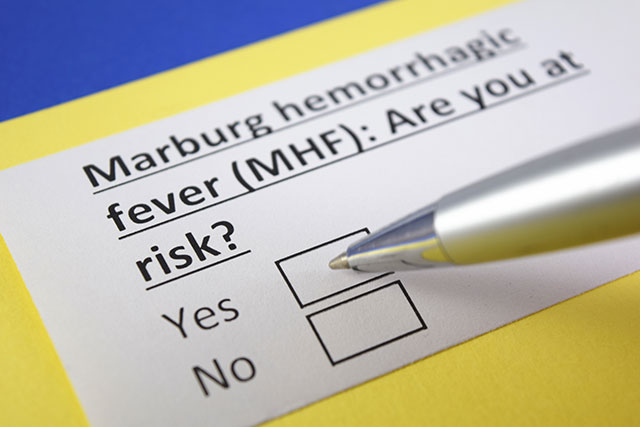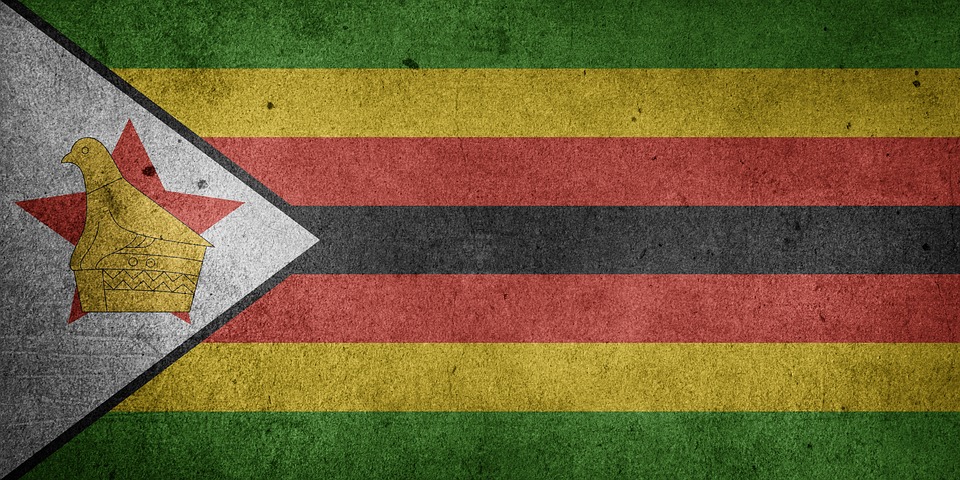
Fourteen new cases of Ebola infections had been recorded in the Ugandan capital of Kampala since Friday, Oct. 21 – an alarming development as the outbreak in the East African country entered its second month.
The patients are infected with the Sudan strain, which has no known cure. There is also no vaccine for it, which is why contact tracing and control of human flow are necessary to slow and stop the spread.
There had been four confirmed cases in the Kampala metropolitan area while nine others were identified as contacts of a fatality from Kassanda, one of two central districts at the heart of the outbreak.
Seven of the nine had been confirmed infected, according to Health Minister Ruth Jane Aceng. They were residents of Masanafu, a densely populated slum area in Kampala that lies near the Kasubi royal tombs, a UNESCO World Heritage Site, and not far from two of Uganda's main private universities.
President Yoweri Museveni ordered Kassanda and Mubende, the epicenter of the outbreak, to be put under lockdown while also imposing travel bans, curfews and closures of public places.
Fears that the disease could spread far from the outbreak's epicenter also compelled authorities to impose the said measures on two of five districts that reported cases after a man infected with Ebola sought treatment in Kampala and died in a hospital there.
A top official from the World Health Organization (WHO) said the outbreak was "rapidly evolving," making the situation challenging for health workers. Moreover, Ugandan health authorities have so far confirmed 75 cases of Ebola since September 20, recording 28 deaths.
The official numbers, however, don't include those who probably died of Ebola before the outbreak was confirmed in a farming community about 93 miles west of Kampala.
According to the WHO, 50 percent of people who contract Ebola will die on average, with case fatality rates varying between 25 to 90 percent in past outbreaks. (Related: Ebola truth #11) Ebola can be easily harvested and released as a bioweapon - NaturalNews.com.)
The nine cases reported on Monday, Oct. 24, followed a similar pattern as all patients are contacts of an Ebola-infected patient who traveled from an Ebola hotspot and sought treatment at Kampala's top public hospital, Mulago.
Ebola outbreak not new in Uganda
Uganda has had multiple Ebola outbreaks, including one in 2000 that killed over 200 people. The 2014 to 2016 outbreak in West Africa killed over 11,000, which is the disease's largest death toll. Other African nations have also had Ebola outbreaks with more regularity compared to Western nations.
Residents in Kampala are worried.
Rebecca Nanyonga, a 27-year-old mother of two, said it's getting scarier now that the city is recording cases. "The government has not done much to sensitize Kampala residents on Ebola. Parties and music concerts are still held, yet the disease is in our midst," she said.
Ebola is spread through bodily fluids, with common symptoms being fever, vomiting, bleeding and diarrhea. Uganda typically combats the disease through tracing, containing and quarantining, but outbreaks are difficult to contain in urban environments.
There have been no treatments or vaccines for the Sudan strain of the virus yet, but the WHO has said that clinical trials could start within weeks on drugs to treat or prevent it.
Ronald Kibwika, a 45-year-old Kampala businessman, said he is putting back restrictions in his business and his home.
Anita Kwikiriza, a 31-year-old businesswoman, said: "We are at the mercy of God if Ebola cases rise in Kampala, because most people don't take health precautions, and health services are still poor."
Visit Outbreak.news for more updates about the Ebola outbreak in Africa.
Watch the video below to learn more about the dangers of Ebola.
This video is from the Raw Life Health Show channel on Brighteon.com.
More related stories:
Uganda declares three-week lockdown in two districts amid new Ebola outbreak.
Ebola truth #1) No government in the world is prepared to handle an Ebola outbreak - NaturalNews.com.
Sources include:
Please contact us for more information.




















